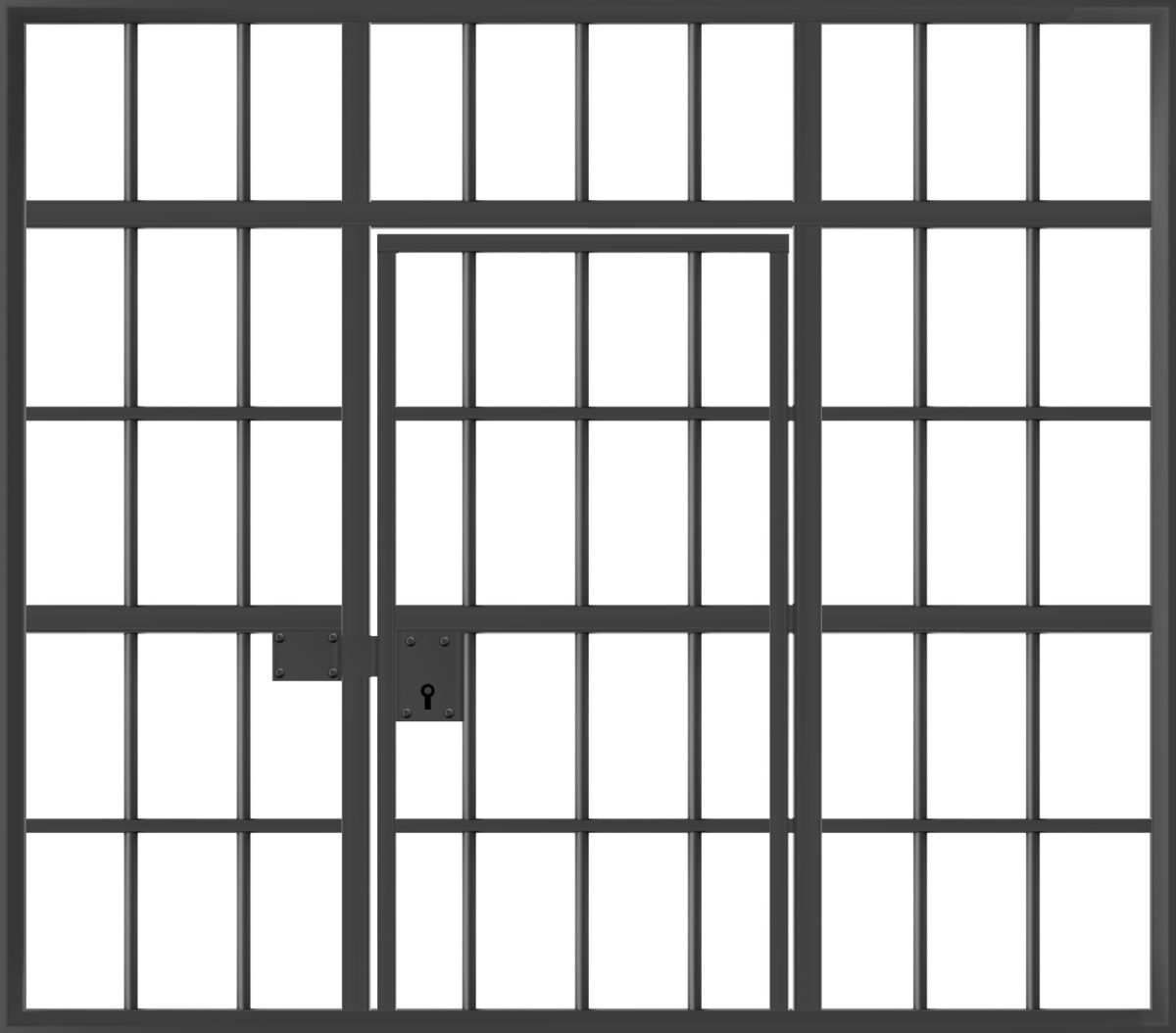In the United States, we are in the middle of a heated debate over gun control. It seems there isn’t a week that goes by without a nationally publicized shooting. Meanwhile, in the rest of the world (namely the Middle East), there is violence that makes our shootings seem tame in comparison.
In the past week alone, in the region of the world known as the fertile-crescent, there has been a suicide bombing at the U.S. Embassy in Ankara, Turkey. Israel launched an air attack on a military convoy in Syria that was purportedly taking advanced anti-aircraft guns to Hezbollah in Lebanon. The Syrian government didn’t have a military response against Israel, as it has been embroiled in a civil war for two years with rebel forces trying to overthrow President Bashar al Assad.
While all of that was going on the Islamic Republic of Iran unveiled their version of a stealth bomber called the Qaher, or “Dominant” 313. The unveiling of their stealth bomber came during a 10-day celebration of 34 years since the Islamic Revolution in Iran overthrew the Shah in 1979.
Iran has also shown no signs of slowing down the development of its nuclear weapons’ program. The Iranian government has recently began supporting the nuclear program of North Korea in what could be the first step toward an alliance of two authoritarian nations diametrically opposed not only to the United States but also to the entire Western world.
A stealth bomber and a nuclear warhead program in Iran are the biggest dangers our country has faced in a generation. It means that, if left to their own devices, Iran will be able to do to American cities what the Soviets never chose to do: launch a nuclear attack.
That threat is small right now, but there is the danger of the threat becoming reality at some point.
The United States has offered to talk with Iran about the nation’s nuclear program. Germany has offered to mediate the bilateral talks. Though the past negotiations between the two have not gone well, these conversations might be the most critical. These talks may determine whether there is a war between Iran and the Western world.
Even as we, in this country, continue to debate over our freedom to bear arms, we should continue to be thankful that we live in a country where the laws are not rooted in authoritarian ideals.
It may be a stretch, but there is the possibility every day that a war will break out in the Middle East, and if or when that happens, it will undoubtedly draw the United States into a war with consequences we cannot fathom.
It is important that we, as a nation, remain aware of what is going on in the world around us because, as with the case of the Middle East, notably Iran, it has the potential to affect us within our borders.
Maybe peaceful negotiations will succeed and a few regional disagreements won’t evolve into a large-scale war.
Stephen Whitaker
Managing Editor











